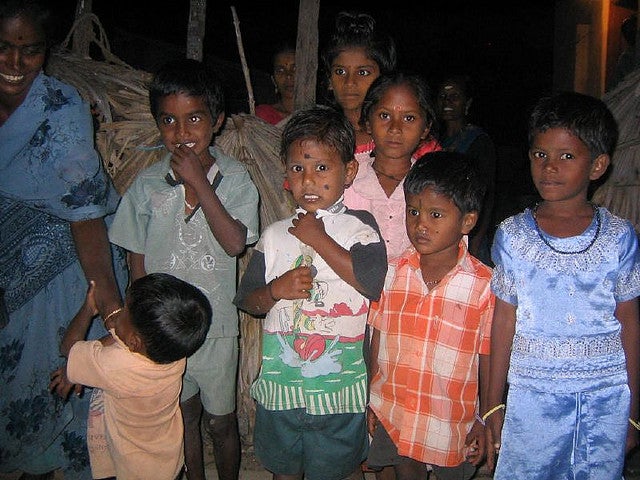
January 26, 2016. A few days before his 27th birthday, Rohith Vemula hanged himself in the venue where he and other Dalit student activists gathered for their meetings and discussions. A second-year PhD student in life sciences at the prestigious Hyderabad Central University (among India’s top 10), Vemula wrote in his suicide letter:
“I feel a growing gap between my soul and my body. And I have become a monster. I always wanted to be a writer. A writer of science, like Carl Sagan. At least, this is the only letter I am getting to write. I loved science, stars, nature, but then I loved people without knowing that people have long since divorced from nature…. The value of a man was reduced to his immediate identity and nearest possibility. To a vote. To a number. To a thing. Never was a man treated as a mind. As a glorious thing made up of stardust”….
As a Dalit or scheduled caste member, [i] Vemula belonged to the 16 percent of Indian society who still today are considered untouchable in far too many contexts. In state after state, village after village, Dalits cannot use the public well or hand water pump, they cannot sit next to higher caste children in school, they cannot cook food for higher caste customers.
The official stigma of past decades is now both unconstitutional and proscribed in statute after statute. Dr. Ambedkar, the Dalit legal scholar who wrote the Indian Constitution and coined the phrase “harijans” or children of God, to describe untouchables, is widely revered and celebrated. But the reality of harsh discrimination and social exclusion is pervasive.
Despite a generous reservations policy that enacts affirmative action for public education and employment opportunities, Dalits remain dramatically disadvantaged across the spectrum of fundamental rights and needs. Only 8 percent of enrolled students in higher education are Dalits, half the number that their population size would justify (by contrast African Americans constitute approximately 13 percent of both the US population as a whole and the enrollments in higher education). Evictions from rental housing, persistent harassment in school, segregation in the work place, ghettoization in village accommodation – these are still endemic features of Indian life.
The fact that Rohith Vemula made it to the PhD program of a prestigious and highly selective university speaks to his talent and resilience, and to his family’s commitment to support his choices. In one generation Rohith overcame his illiterate background (father a security guard, mother a home-based garment worker) to excel academically and reach for the stars.
Through its Champions project,[ii] Harvard FXB Center has studied the factors that contribute to the success of students like Rohith, who attain higher education against the odds. We have found that, along with government stipends and safe accommodation and transportation, the decisive factors in success are parental support and mentorship (financial, emotional, and social). Rohith’s father abandoned the family when he was a child; his mother soldiered on, investing heavily in their son’s education right through school and college, likely incurring debts and social hostility along the way.
The PhD scholarship was the first step towards some financial reimbursement – Rohith sent part of his monthly 25,000 rupee ($368) stipend home. But because of his active commitment to minority rights (including outspoken criticism against the death penalty and anti-Muslim censorship), Rohith’s scholarship was stopped in July 2015. By the time he killed himself, he was penniless and in debt, expelled along with 5 others from student accommodation (and so living in a tent), and excluded from all non-curricular campus activities. His Ambedkar Students’ Association was described as a group of “goons” by college officials, amid vitriolic criticism from administrators and bureaucrats. The venom of caste hatred was palpable.
After the suicide, it took the university administration some days to reverse their arrogant and hostile position. At first they claimed that the scholarship cut off was the result of unintentional bureaucratic delay and that the evictions and expulsions were justified because the students had assaulted an official. It was only when Prime Minister Modi, sensing the mounting outrage in the country, broke his silence to proclaim 5 days after the death that “Mother India lost a dear son.” that the pariah turned to hero.
It remains to be seen whether Rohith Vemula’s death will have the catalytic effect on public discussion and action regarding caste discrimination that “Nirbaya’s” gang rape and death in December 2012 have had on gender violence in India.
Related Resources
- The Champions Project – Unpacking Success
- Champions: The Realities of Realizing the Right to Education in India (article abstract).
[i] Our studies have focused on young women, many of whom are Dalits.
[ii] Scheduled castes are official designations given to various groups of historically disadvantaged people in India. See https://en.wikipedia.org/wiki/Scheduled_Castes_and_Scheduled_Tribes.

